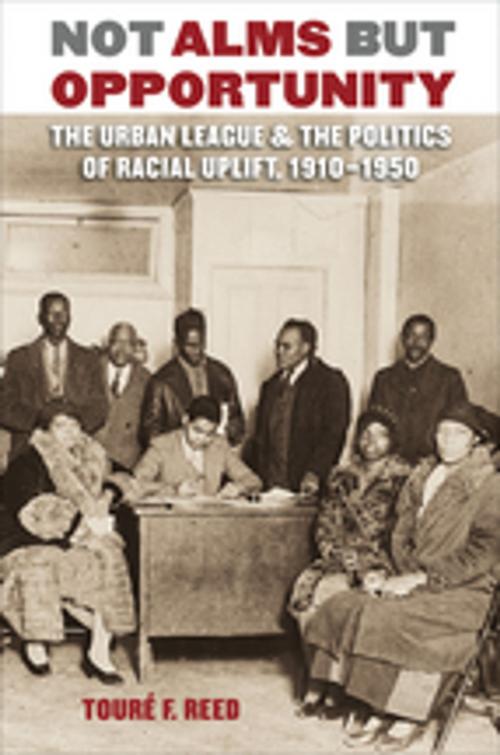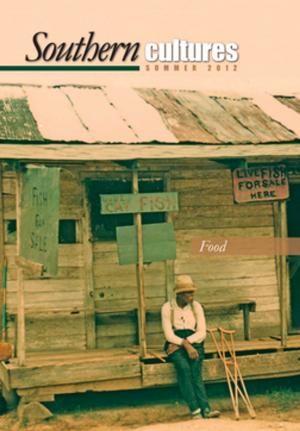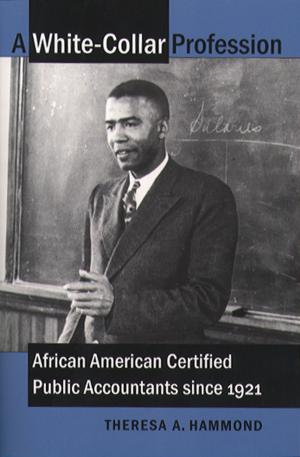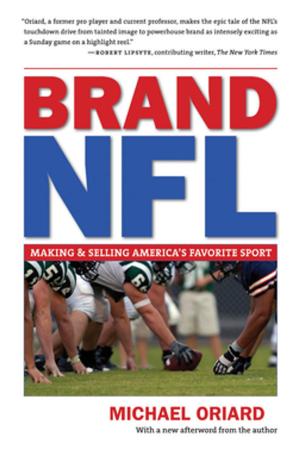Not Alms but Opportunity
The Urban League and the Politics of Racial Uplift, 1910-1950
Nonfiction, Social & Cultural Studies, Social Science, Sociology, Urban, Cultural Studies, African-American Studies, History, Americas, United States, 20th Century| Author: | Touré F. Reed | ISBN: | 9780807888544 |
| Publisher: | The University of North Carolina Press | Publication: | June 1, 2009 |
| Imprint: | The University of North Carolina Press | Language: | English |
| Author: | Touré F. Reed |
| ISBN: | 9780807888544 |
| Publisher: | The University of North Carolina Press |
| Publication: | June 1, 2009 |
| Imprint: | The University of North Carolina Press |
| Language: | English |
Illuminating the class issues that shaped the racial uplift movement, Toure Reed explores the ideology and policies of the national, New York, and Chicago Urban Leagues during the first half of the twentieth century. Reed argues that racial uplift in the Urban League reflected many of the class biases pervading contemporaneous social reform movements, resulting in an emphasis on behavioral, rather than structural, remedies to the disadvantages faced by Afro-Americans.
Reed traces the Urban League's ideology to the famed Chicago School of Sociology. The Chicago School offered Leaguers powerful scientific tools with which to foil the thrust of eugenics. However, Reed argues, concepts such as ethnic cycle and social disorganization and reorganization led the League to embrace behavioral models of uplift that reflected a deep circumspection about poor Afro-Americans and fostered a preoccupation with the needs of middle-class blacks. According to Reed, the League's reform endeavors from the migration era through World War II oscillated between projects to "adjust" or even "contain" unacculturated Afro-Americans and projects intended to enhance the status of the Afro-American middle class. Reed's analysis complicates the mainstream account of how particular class concerns and ideological influences shaped the League's vision of group advancement as well as the consequences of its endeavors.
Illuminating the class issues that shaped the racial uplift movement, Toure Reed explores the ideology and policies of the national, New York, and Chicago Urban Leagues during the first half of the twentieth century. Reed argues that racial uplift in the Urban League reflected many of the class biases pervading contemporaneous social reform movements, resulting in an emphasis on behavioral, rather than structural, remedies to the disadvantages faced by Afro-Americans.
Reed traces the Urban League's ideology to the famed Chicago School of Sociology. The Chicago School offered Leaguers powerful scientific tools with which to foil the thrust of eugenics. However, Reed argues, concepts such as ethnic cycle and social disorganization and reorganization led the League to embrace behavioral models of uplift that reflected a deep circumspection about poor Afro-Americans and fostered a preoccupation with the needs of middle-class blacks. According to Reed, the League's reform endeavors from the migration era through World War II oscillated between projects to "adjust" or even "contain" unacculturated Afro-Americans and projects intended to enhance the status of the Afro-American middle class. Reed's analysis complicates the mainstream account of how particular class concerns and ideological influences shaped the League's vision of group advancement as well as the consequences of its endeavors.















